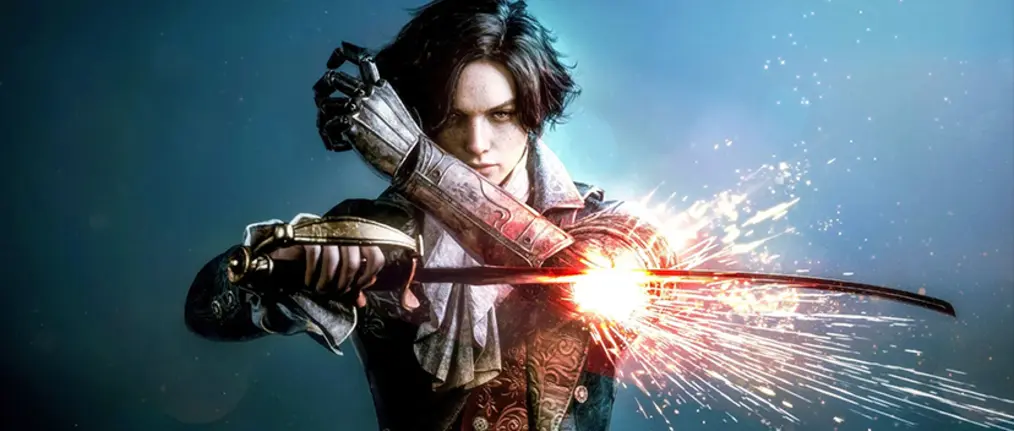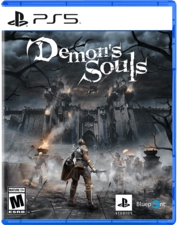
Does Difficulty Diversity Add to Soulslike Games or Threaten Their Core Identity?
In the world of video games, few genres have managed to establish a distinct identity and a fiercely loyal fanbase quite like the Soulslike genre. Known for its brutal difficulty, strategic combat, and dark, atmospheric worlds, series like Dark Souls, Bloodborne, and Elden Ring have earned legendary status. But these experiences aren't for everyone. And that brings us to the latest debate surrounding the upcoming expansion to Lies of P, titled Overture.

Lies of P: Overture and the Difficulty Dilemma
In a surprising move, NEOWIZ announced that Lies of P: Overture, expected to launch in Summer 2025, will introduce multiple difficulty options for the first time in the series. This decision has sparked mixed reactions: some see it as a bold, inclusive step, while others view it as a potential betrayal of what made the original game special.
The expansion will be available on PlayStation 5, PlayStation 4, Xbox Series X|S, Xbox One, and PC, but owning the base game is a prerequisite for accessing Overture.

Is Difficulty the Soul of Soulslike Games?
Before we dive deeper, we need to ask: Is difficulty integral to the Soulslike experience? The short answer: yes. But the fuller truth is that difficulty isn't the goal—it’s the means. It creates a sense of accomplishment, tension, fear, and ultimately triumph.
A hard game makes every enemy encounter meaningful, every boss fight monumental, and every victory earned. That level of immersion and reward is hard to replicate without challenging gameplay. So difficulty isn't just a setting—it's part of the game's DNA.

Why NEOWIZ Is Offering Difficulty Options
The stated reason behind this change is to open the game up to a broader audience. Not all players have the time, patience, or skill to spend hours repeating the same fight. Having easier modes or scalable difficulty could allow more players to experience the game world without being deterred by its challenge.
But here’s the catch: how do you do that without compromising the experience? Will the easier modes simply adjust enemy stats? Or will they fundamentally change game mechanics, thereby altering the essence of the gameplay?

Will This Alienate the Core Fans?
One major concern is that adding easier difficulty options might alienate the hardcore fanbase that made the game a success in the first place. While offering a choice might seem harmless, there’s a fear that future expansions—or games entirely—might lean further into accessibility at the cost of the franchise’s identity.

A Precedent: Elden Ring and Accessibility
When Elden Ring launched, many said it felt "easier" than previous Souls games. But in reality, it was more flexible. It allowed for multiple paths, summoned allies, and various tools to defeat bosses—without ever sacrificing its core difficulty. That flexibility brought in new players without pushing away veterans.
Can Lies of P strike that same balance? Or is this the first step toward a fundamental shift in design philosophy?

The Verdict
Introducing difficulty options in Lies of P: Overture could mark the beginning of a new chapter for Soulslike games—one that prioritizes customizable player experiences. But the success of this shift hinges on preserving the game's soul while opening doors to new adventurers.
What do you think? Is this a smart evolution for the genre or a step too far?
Share your thoughts in the comments below.


































